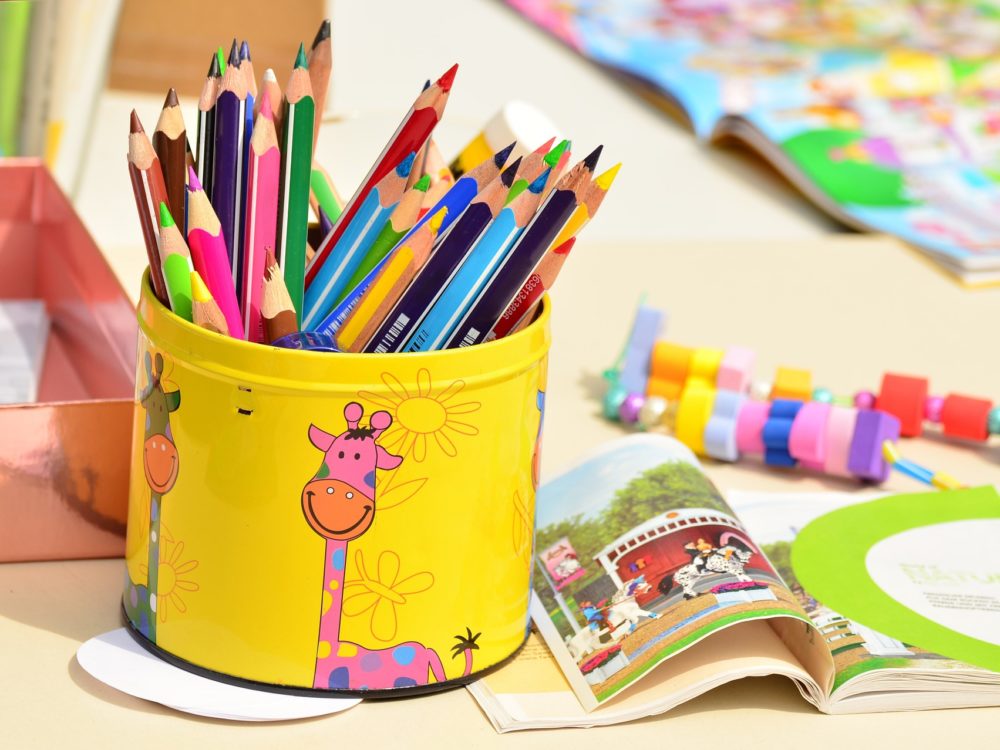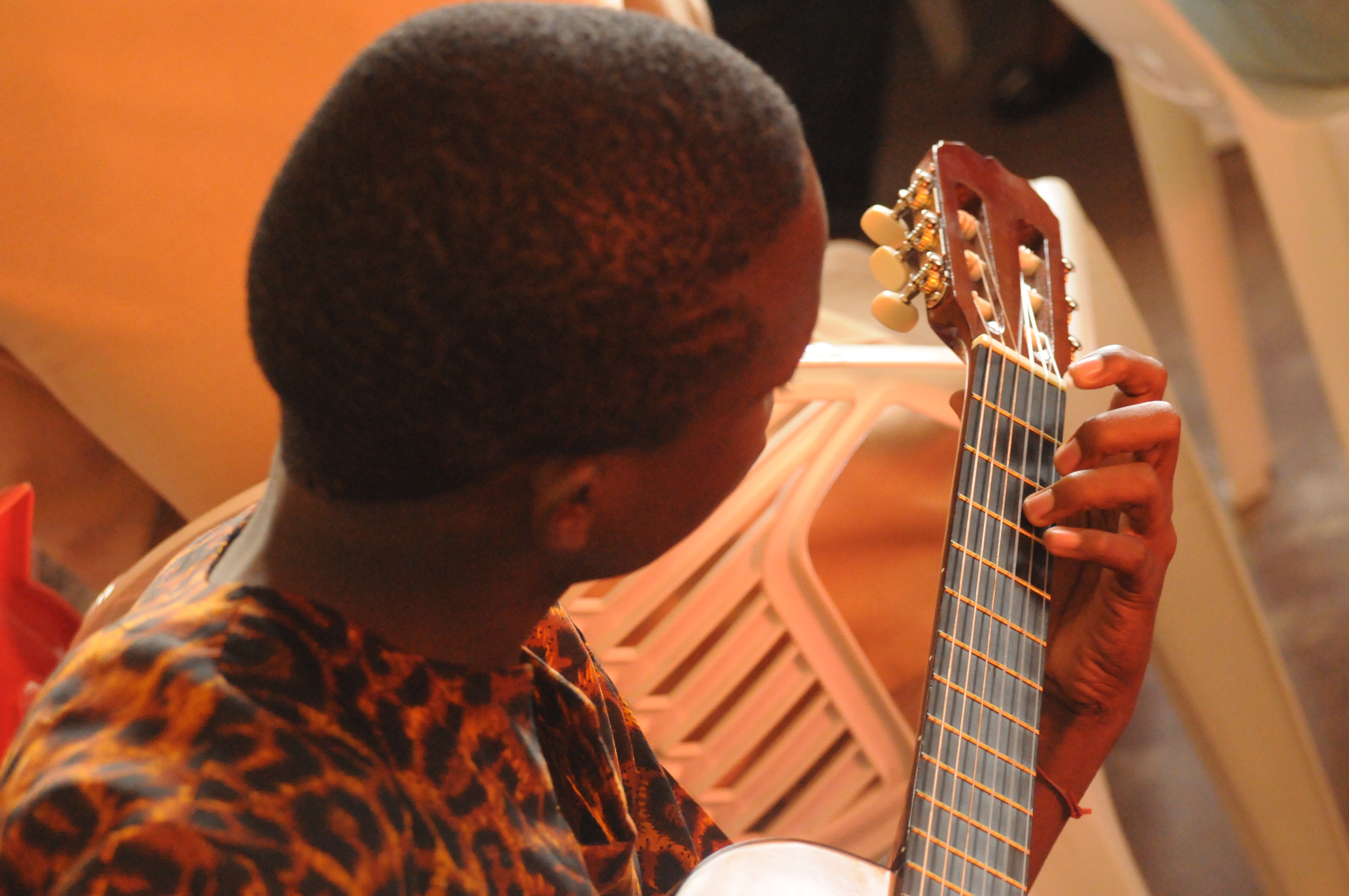Why Corporates need to partner with primary schools for their HR Development and CSR Programs
For the past 12 months I have had the privilege of overseeing the operations of a primary school and the experience has been nothing short of a learning experience. It has had a boot camp effect that has led me to realize that successful corporates in the coming years will do themselves a huge favor by partnering with primary schools (private/ public) and not for a lop-sided win!
The traditional excursions of corporates into schools has been lopsided towards the schools. Teams are gathered together to go put up toilet blocks, donate text books, donate stationeries, build a classroom block or other type of infrastructure, etc. Given that these primary schools are the source of the flood of employees expected to grow companies, it is time that companies invested a little more into them.
Our education system has pre-school, lower class learning, middle and upper learning. This is before it gets to the college and university levels. At these tertiary levels, the person is mature, already cultures and is expected to reason out like an adult in an adult world. In the lower class levels, students are tremendous people. They are still open to suggestions, they are not stuck on their egos, they are free thinkers, they don’t have a box to limit their thinking – they don’t even know it exists!
So here are some ideas and suggestions that corporates and primary schools can explore in partnering to enrich the foundational education experience as well as shape the employee of tomorrow in favor of the corporates and entrepreneurship.
- Include a one-week spend at a school during probation and every six months of working. Nothing wears thin on an adult’s prejudices and patience than children aged below 10 years coming from different backgrounds! If you want to check on or keep your personnel’s creative problem solving, patience, consistency, temperance, and a host of other soft skills, place them in a primary school setting. Children bring out our real hearts. Anyone can fake it on day 1,2 and 3; but by day 5… you will have an inkling of how your best or worst customer will be treated by a staff member.
- Include children in your product development/ improvement programs. A good example of this is Toyota’s ‘Dream a Car’ art contest. While you may not have a budget like this multinational, it doesn’t cost much to visit a couple of schools and exposing them to your product for feedback, improvement suggestions and even ideas on new ones. Children use shoes every day, it is possible for them to give ideas of what an ideal shoe should look like e.g. how about a shoe which never needs brushing because it is made of peelable shiny material that can be peeled every morning for a whole term? Crazy, creative idea. A lot of children’s ideas are geared to solving the problems around them without being inhibited by the thought of impossibility.
- Career Compositions. Sometimes, it takes a composition written by an upper primary child for us to understand what could be the missing ingredient to particular job positions. At Elirama School, children have a career day where they have pre-chosen what they would want to be and on the day, they make a presentation of why they would like to be what they have chosen. So the other day we asked them to write compositions about their chosen careers and what the 10 and 9 Years old wrote was nothing short of amazing. The content included reasons why they would charge very little money; why music is an essential component of life, why being a parent is the greatest job on earth etc. Corporate can glean a lot of ideas on what certain job roles in the organization ought to be like without the taint of politics and hierarchies.
- Teach what you want to want Applied. Most job adverts include soft skills and competencies that should be learnt from a tender age. For example, chefs need to understand fruits and how the right mix delivers a healthy meal at any sitting. If a hotel can take the time to have their chief chef talk to children about the mixture of fruits and herbs and their importance during a science or social studies lesson, the children go home impacted by this knowledge. They will even repeat it to their parents and the result is a healthier society, one child-one family at a time. This is corporate social responsibility right from the heart of the society – our children.
- Sports Day. This sounds obvious yet it is done by few, if any corporates. I’m not talking about t-shirts and trophies. Many corporates have inculcated a sports’ day as a team building exercise, but maybe it should be extended to include children. How about a corporate – school egg-run, potato sack, rope skipping water-balloon games where children are shown that being an adult doesn’t mean the end of fun? How about getting those deskbound staff members to feel like children again, to revive their dreams, to make them revisit that moment of joy when they got the job in the organization? It’s a sports day with the aim of rejuvenating your staff but it achieves much more than a motivational talk and a couple of t-shirts.
Is it possible? Well my business is children and in this world (of children), impossible is the only things that does not exist. Try it, and if it fails, try it differently. If that fails, try it differently!
Author: Wangari Maina





